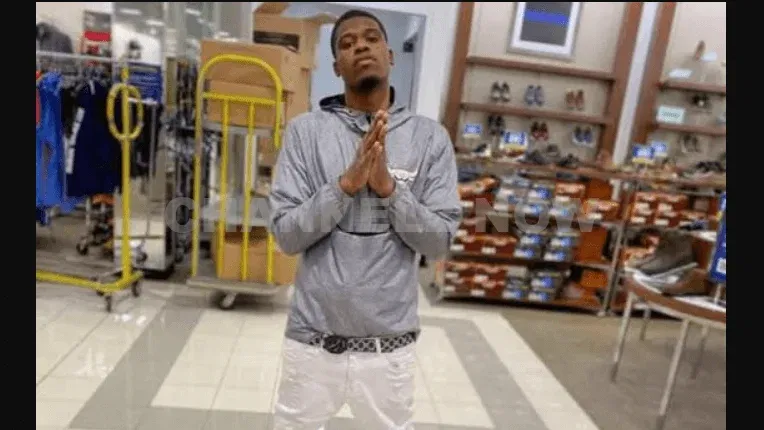In the dim, early hours of a Wednesday morning in Columbia, South Carolina, the routine hum of a gas station on Broad River Road was shattered by the crack of gunfire—sudden, violent, and final. By the time the flashing lights of law enforcement and emergency vehicles arrived at the CK Mart/El Cheapo station located at 2624 Broad River Road, it was already too late. Lying near the pumps was 29-year-old DeShawn Carroway, suffering from multiple gunshot wounds. Despite the efforts of first responders, he was pronounced dead at the scene.
The Richland County Sheriff’s Department, now leading the investigation, has not yet released a suspect description or motive, and no arrests have been made. What unfolded in those predawn moments remains cloaked in silence—known only to the shooter and, perhaps, to those still too afraid to come forward. What is clear, however, is the grim outcome: a young man, gone, another life added to South Carolina’s rising tally of gun violence victims.
For the family and friends of DeShawn Carroway, the news is more than a police report—it is a seismic loss. At 29, DeShawn was approaching a pivotal age, one often marked by transition: career building, family forming, future planning. But all of that ended just feet from the fuel pumps under the bright lights of a gas station, a place designed for transience and motion, not death. What brought DeShawn there at 4:00 a.m.—whether work, travel, or chance—has not been publicly disclosed. What we do know is that someone else was there too, armed and willing to shoot.
The CK Mart/El Cheapo location is no stranger to foot traffic. Situated on Broad River Road, one of the more traveled corridors in the Columbia area, the station serves as a 24-hour stop for commuters, truckers, and locals alike. That such a place, with its security lighting and relative visibility, could become the scene of a fatal shooting underscores the brazenness with which gun violence continues to strike—at any hour, in any setting.
Authorities have released no information regarding possible witnesses, camera footage, or shell casing evidence. However, in cases like these, surveillance footage often proves crucial, particularly at gas stations, which typically maintain security cameras both inside and outside the premises. Investigators are likely scouring any available recordings to reconstruct the sequence of events and identify any persons of interest.
The lack of information has left the community with more questions than answers. Was this a targeted killing, or a robbery gone wrong? Did the victim know the shooter? Was there an argument, a setup, a random act? For now, law enforcement is urging anyone with information to contact CrimeStoppers at 1-888-CRIME-SC. The promise of anonymity is offered in exchange for even the smallest lead—because in cases like this, silence can be lethal.
Beyond the forensic and procedural work of the investigation lies a deeper current of heartbreak and reflection. DeShawn Carroway was not just a victim—he was a person, likely loved and known by many in the Columbia area. His death did not occur in a vacuum; it will echo through households, family gatherings, text threads, and memories. A young Black man’s life was ended violently on a street corner, and with it, all the futures he might have lived.
Columbia, like many American cities, continues to grapple with the crisis of community gun violence. While mass shootings command headlines, the daily drumbeat of single-victim homicides is equally devastating. These are the losses that rarely make national news but leave communities hollowed. They are the lives cut short while buying snacks, pumping gas, walking home. The randomness is part of the terror—violence erupting not in secret, but in places we all go.
The death of DeShawn Carroway will likely not be the last on Broad River Road unless meaningful change occurs. Local leaders and community activists often call for improved surveillance, better lighting, more police patrols, and—more urgently—deeper investment in conflict resolution and economic opportunity. But such change takes time, political will, and a shift in priorities. For the moment, all that remains is a chalk outline, a police investigation, and a family now planning a funeral.
In the days ahead, law enforcement will continue its work, hoping for a break in the case. Perhaps a tip will come through CrimeStoppers. Perhaps the weapon will be recovered, or the shooter identified. Until then, the community is left to mourn—another name, another life, another night of sirens.
DeShawn Carroway’s name now joins the list of South Carolina’s unsolved homicides. But to his family, he was never a statistic. He was DeShawn—a son, a friend, maybe a brother or a father. His death, violent and public, demands not just justice but remembrance.

